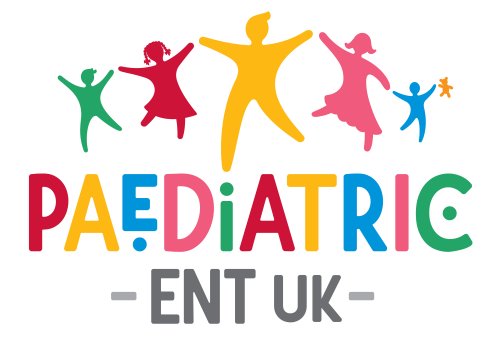What is a tongue tie?
A tongue tie, also known as ankyloglossia, is a condition in which the tissue connecting the tongue to the floor of the mouth is shorter than usual, resulting in limited movement of the tongue. This condition is present at birth and occurs in up to 10% of babies.
What are the symptoms of tongue tie?
The symptoms of tongue tie can vary depending on the severity of the condition. In some cases, a person may have a mild tongue tie that doesn’t cause any noticeable symptoms. However, in more severe cases, the following symptoms may be present:
- Difficulty breastfeeding: Babies with tongue tie may have difficulty latching on to the breast and may have trouble getting enough milk. This can lead to poor weight gain and sometimes even failure to thrive.
- Speech difficulties: Tongue tie can also cause speech difficulties in children. This can include difficulty pronouncing certain sounds, such as “t,” “d,” and “l.”
- Difficulty moving the tongue: People with tongue tie may have limited mobility in their tongue, making it difficult to stick out their tongue, move it from side to side, or touch it to their upper lip or teeth.
How is a tongue tie treated?
Not all babies and children with tongue ties require treatment. Treatment is dependent on the severity of symptoms.
In babies tongue tie can be treated by a quick, simple and safe procedure called frenotomy, which releases the tissue that connects the tongue to the floor of the mouth. The procedure can be done in a doctor’s office or clinic and takes only a few minutes.
After the procedure, the healthcare provider may recommend some stretching exercises to prevent the tissue from reattaching. For infants, it’s recommended to breastfeed immediately after the procedure to encourage the baby to use their newly released tongue movement.
In older children, the procedure remains simple and straightforward but may require a short general anaesthetic.
It is important to speak with a healthcare provider if you or your child has symptoms of tongue tie to determine the best course of treatment.
What are the risks of treatment of tongue tie?
Tongue-tie division is a very safe procedure. However, like any surgery, there are some small risks. There is a small risk of bleeding and infection. Pain tends to be minimal in babies they recover quickly. There is also a risk of scarring and recurrence of the tongue tie in the future (this is rare).

